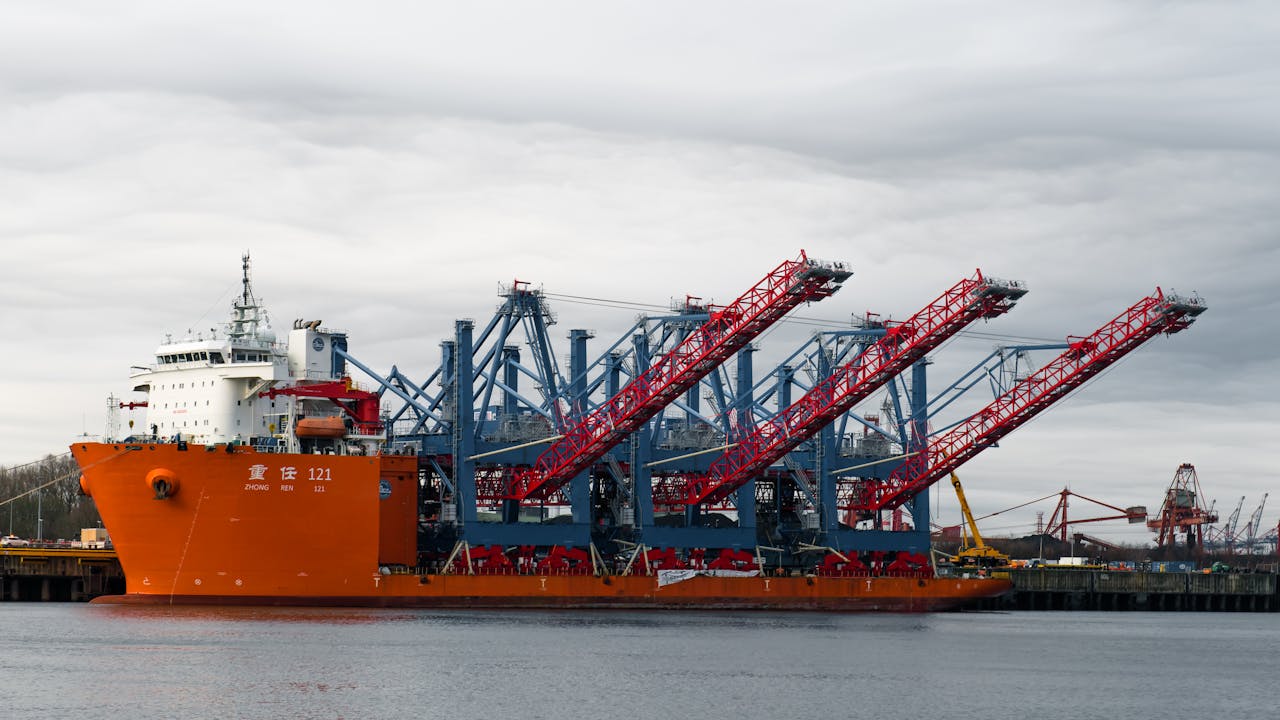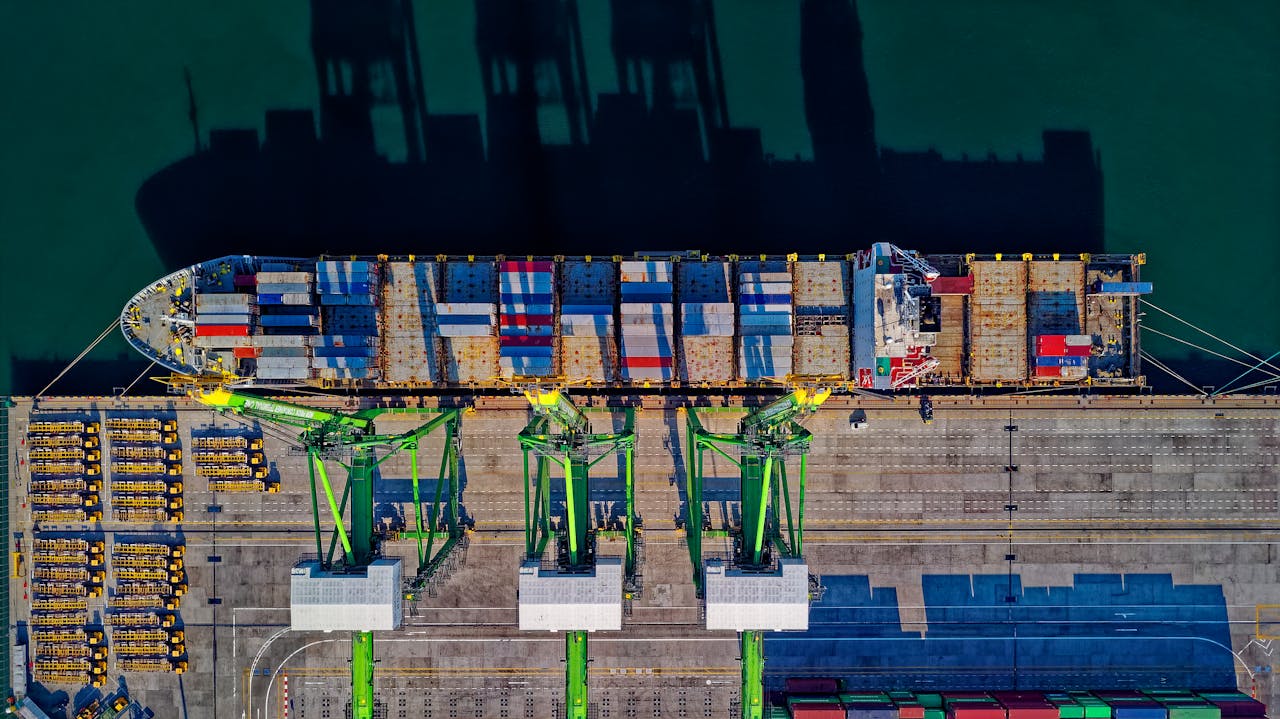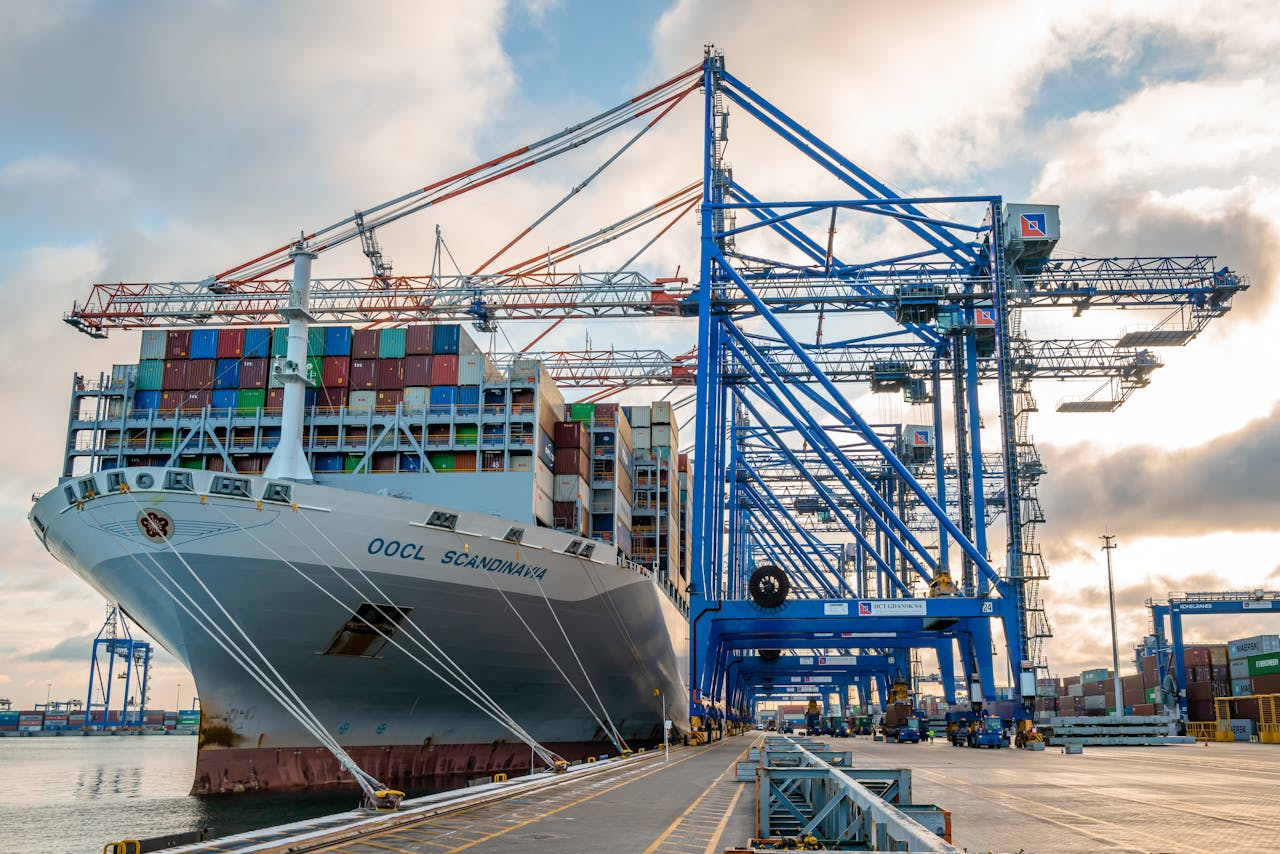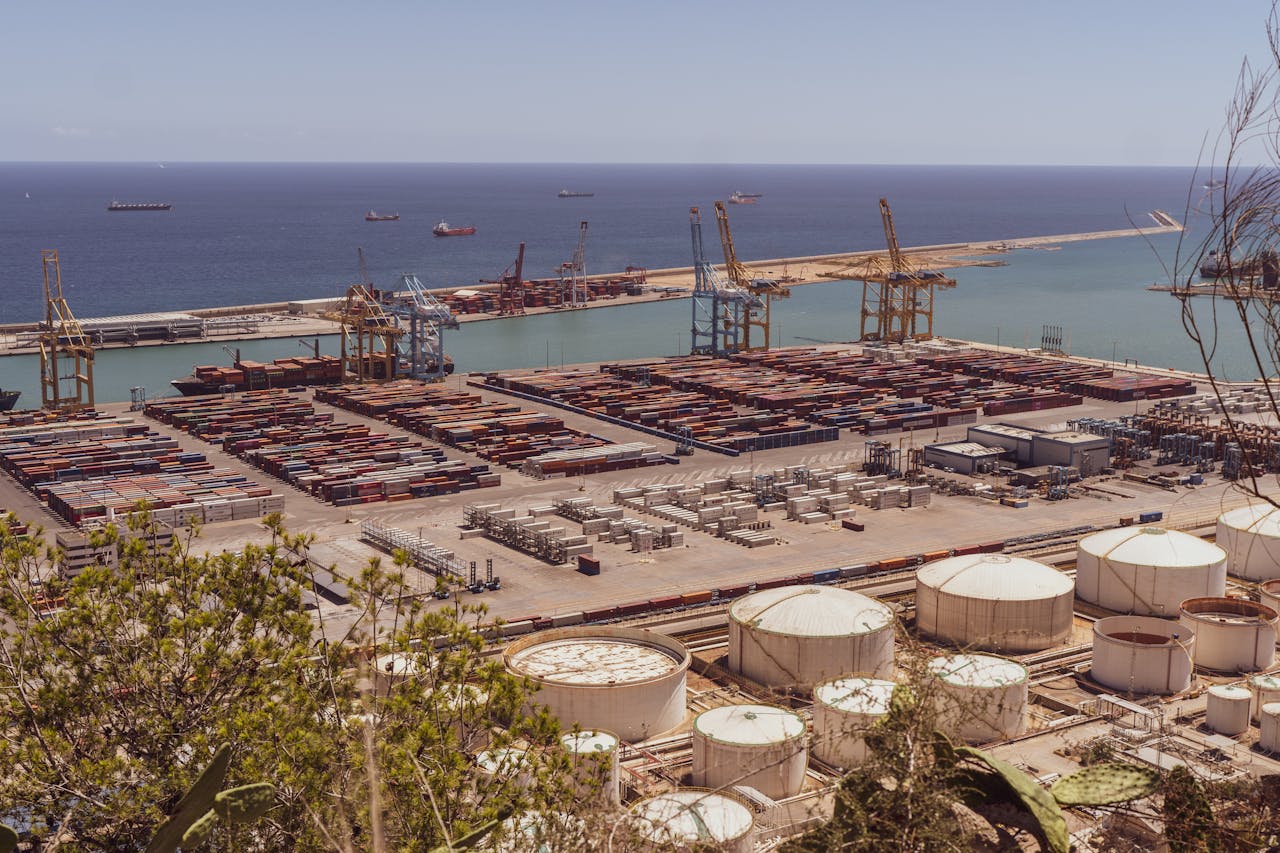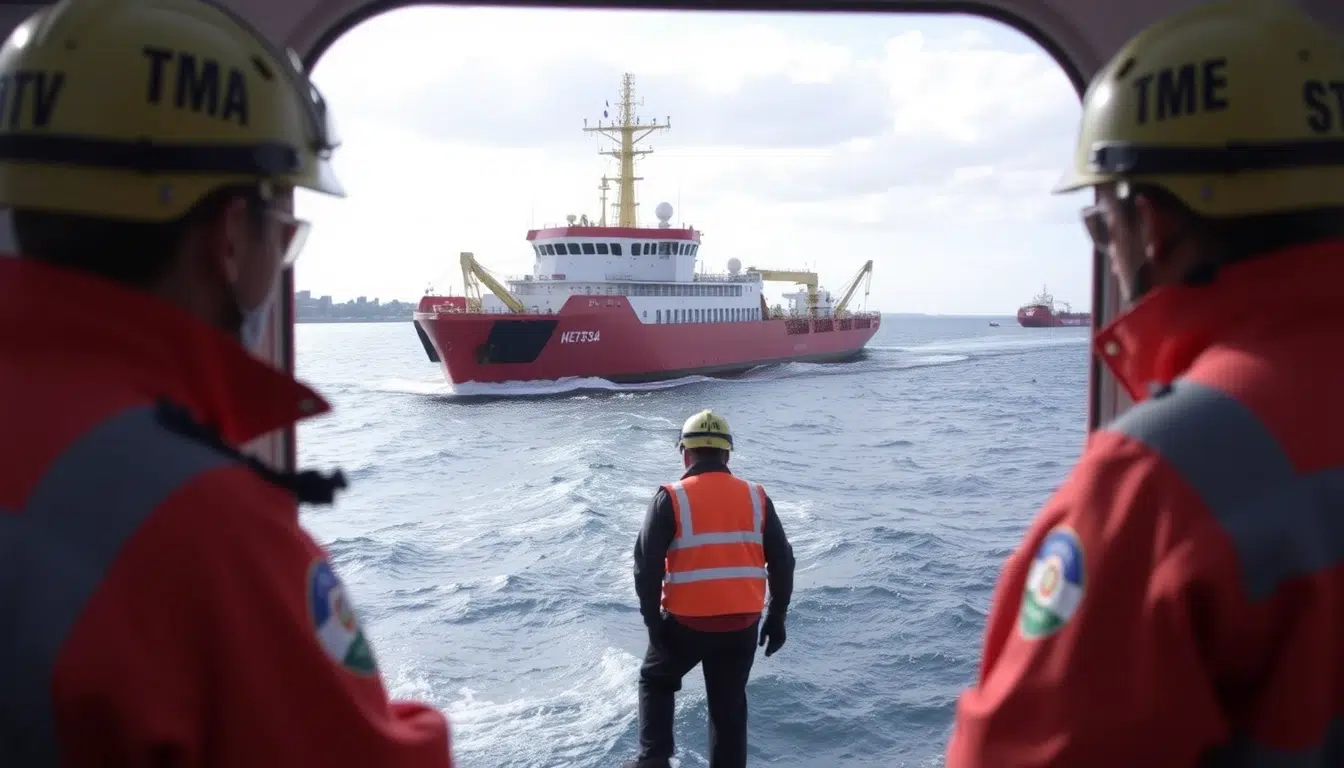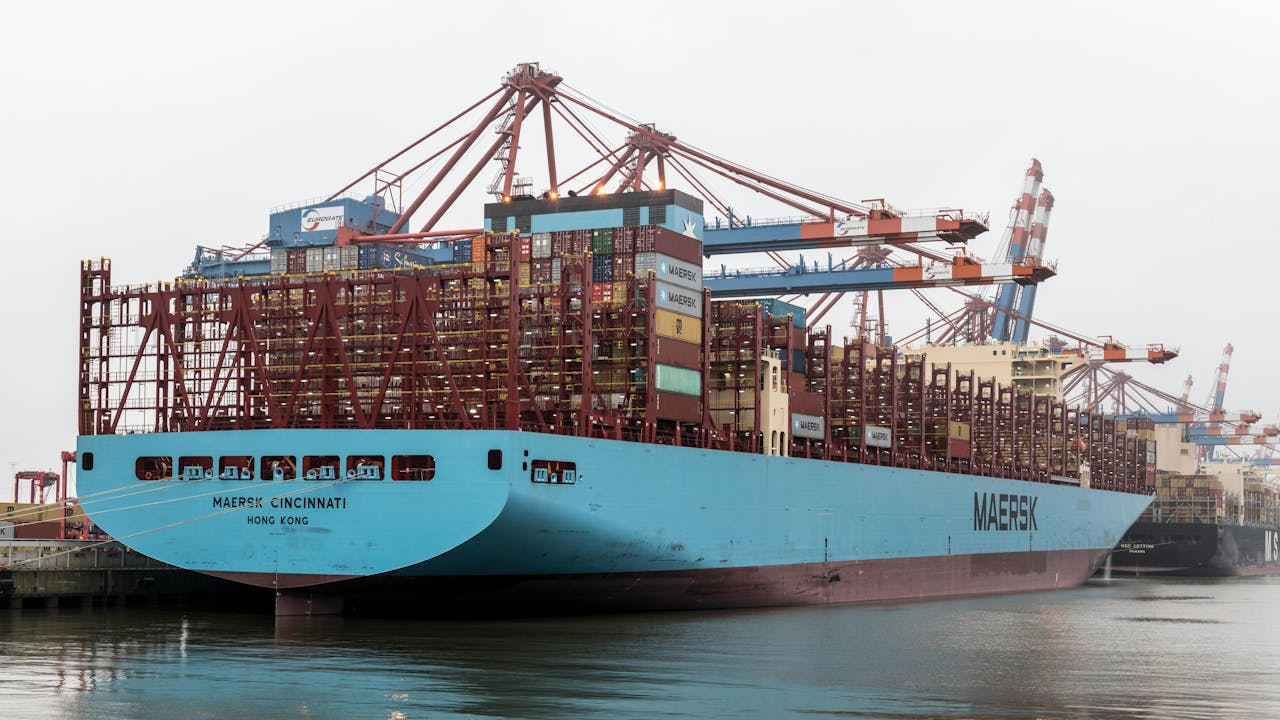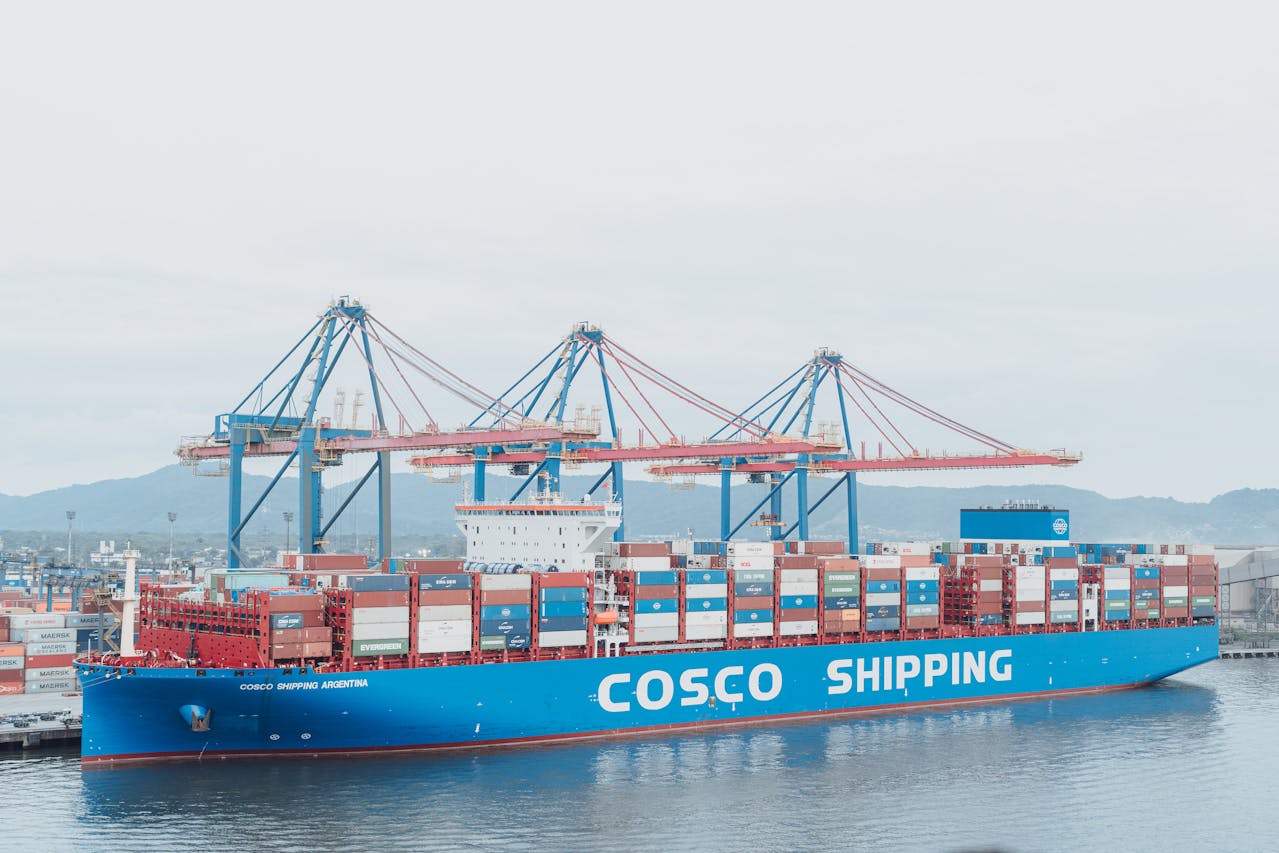Masterclass in Port and Shipping Management
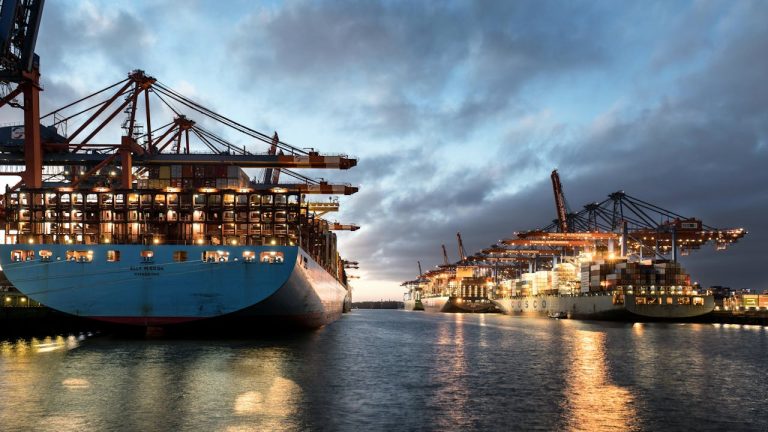
| Date | Format | Duration | Fees (USD) | Register |
|---|---|---|---|---|
| 10 Nov - 21 Nov, 2025 | Live Online | 10 Days | $7735 | Register → |
| 08 Dec - 12 Dec, 2025 | Live Online | 5 Days | $3785 | Register → |
| Date | Venue | Duration | Fees (USD) | Register |
|---|---|---|---|---|
| 17 Nov - 21 Nov, 2025 | London | 5 Days | $6305 | Register → |
| 15 Dec - 19 Dec, 2025 | Abuja | 5 Days | $5775 | Register → |
Did you know that effective port management involves not only operational efficiency but also strategic planning and innovation, with ports serving as critical nodes in global logistics networks, requiring advanced technologies and sustainable practices to remain competitive?
Course Overview
The Masterclass in Port and Shipping Management by Alpha Learning Centre is meticulously designed to equip professionals with essential skills in strategic leadership, port infrastructure investment, and maritime logistics integration. This course focuses on how professionals can effectively apply advanced simulation models for strategic decision-making, enhance negotiation and stakeholder management skills, and drive innovation and sustainability in port operations to ensure comprehensive port management in modern maritime environments.
Why Select This Training Course?
Selecting this Masterclass in Port and Shipping Management offers numerous advantages for professionals involved in maritime logistics and port development. Participants will gain advanced knowledge of strategic port planning, global supply chain integration, and port operations optimization. The course provides hands-on experience with industry-standard simulation tools and real-world case studies, enabling attendees to optimise their port management strategies effectively.
For organisations, investing in this training enhances overall operational efficiency and ensures better alignment with global logistics standards. Research indicates that implementing comprehensive port management frameworks results in enhanced ability to manage complex logistics processes and improve customer satisfaction. According to industry experts, ports play a crucial role in facilitating international trade, requiring robust infrastructure and efficient operations to maintain competitiveness.
For individuals who complete this course, will benefit from enhanced career prospects as they become more valuable assets in their respective fields. Studies indicate that professionals with port management expertise can significantly improve their career trajectory as understanding strategic port development and logistics integration positions individuals as specialists in a high-demand field.
Transform your port management capabilities – Register now for this critical advanced training programme!
Who Should Attend?
This course is suitable for:
- Senior port and shipping executives
- Strategic planners in maritime logistics
- Policy makers involved in port development
- Investment analysts focusing on maritime sectors
What are the Training Goals?
The objectives of this course are to enable professionals to:
- Elevate strategic leadership in port and shipping management
- Master the complexities of port infrastructure investment
- Develop a holistic view of maritime logistics chains
- Enhance negotiation and stakeholder management skills
- Drive innovation and sustainability in port operations
How will this Training Course be Presented?
The Masterclass in Port and Shipping Management delivers comprehensive, hands-on training through proven methodologies designed to maximise learning outcomes and practical skill development. Our expert instructors employ the following methods:
- Advanced simulation models for strategic decision-making
- High-level case studies of successful port operations
- Executive roundtable discussions for peer learning
- Scenario analysis for future port trends
- Integration of expert guest speakers from the industry
Each delivery method is carefully integrated to ensure participants gain both theoretical knowledge and practical experience. The course structure promotes active engagement and real-world application, allowing participants to develop crucial analytical and strategic skills within a supportive learning environment.
Join us to experience this dynamic and effective learning approach – Register now to secure your place!
Course Syllabus
Module 1: Strategic Vision in Port Development
- Visionary leadership in port strategic planning
- Future-proofing port infrastructure against global trends
- Economic impact analysis for port projects
- Public-private partnerships in port development
- Aligning port strategies with national and regional policies
Module 2: Investment and Financing in Ports
- Financial models for port infrastructure investment
- Risk assessment and mitigation strategies for port projects
- Attracting international capital for port expansion
- Debt structuring and equity considerations
- Performance-based financing and concession agreements
Module 3: Global Supply Chain Integration
- Positioning ports within global logistics networks
- Interplay of ports with maritime, rail, and road logistics
- Customs and regulatory compliance across supply chains
- Digital supply chain tools for enhanced connectivity
- Collaborative models with logistics service providers
Module 4: Port Operations Optimization
- Lean management principles applied to port operations
- Advanced berth and vessel scheduling systems
- Cargo handling efficiency and throughput maximization
- Workforce management in a dynamic operational environment
- Continuous improvement methodologies in port operations
Module 5: Innovation in Maritime Technology
- Cutting-edge technologies transforming port operations
- Integration of autonomous and semi-autonomous systems
- Blockchain and IoT for transparency and efficiency
- Environmental technology for sustainable port operations
- Cybersecurity strategies for port and shipping networks
Module 6: Environmental and Social Responsibility
- Implementing green port initiatives
- Balancing growth with environmental stewardship
- Community relations and social license to operate
- Strategies for reducing carbon footprint in shipping
- Compliance with international environmental regulations
Module 7: Legal Frameworks and Compliance
- Navigating complex maritime legal environments
- Liability issues in port and shipping operations
- Contract law for port services and shipping
- Regulatory compliance and changes impacting operations
- Dispute resolution mechanisms in maritime law
Module 8: Crisis Management and Business Continuity
- Developing robust crisis response plans for ports
- Business continuity planning for maritime disruptions
- Managing pandemics, natural disasters, and geopolitical risks
- Communication strategies during crises
- Recovery and resilience building post-crisis
Module 9: Port Governance and Policy Influence
- Governance models for efficient port management
- Influencing policy for port competitiveness
- Stakeholder engagement and lobbying techniques
- Port authorities’ role in regional economic development
- Best practices in port governance from around the world
Module 10: Market Analysis and Competitiveness
- Market intelligence gathering in maritime sectors
- Competitive analysis of port services and offerings
- Pricing strategies for port services
- Marketing ports as logistics hubs
- Adapting to shifts in global trade patterns
Module 11: Leadership and Change Management
- Leadership styles effective in port management
- Change management for digital and operational transformations
- Cultivating a culture of innovation and agility
- Conflict resolution and team dynamics in port operations
- Succession planning for key leadership roles
Training Impact
The impact of port and shipping management training is evident through various real-world case studies and data, which demonstrate the effectiveness of structured programmes in enhancing operational efficiency and sustainability in maritime logistics.
Research indicates that professionals with strong port management skills can significantly improve organisational outcomes. According to industry experts, effective port operations require not only operational efficiency but also strategic planning and innovation, with ports integrating advanced technologies like blockchain and IoT to enhance transparency and efficiency.
These case studies highlight the tangible benefits of implementing advanced port management techniques:
- Improved operational efficiency through optimized logistics and supply chain integration
- Enhanced sustainability through green port initiatives
- Increased competitiveness through strategic port development and innovation
- Strengthened stakeholder relationships through effective governance and policy influence
By investing in this advanced training, organisations can expect to see:
- Significant improvement in port operational efficiency
- Improved ability to handle complex logistics challenges
- Enhanced decision-making capabilities through strategic insights
- Increased competitiveness through comprehensive port management strategies
Transform your career and organisational performance – Enrol now to master Port and Shipping Management!

